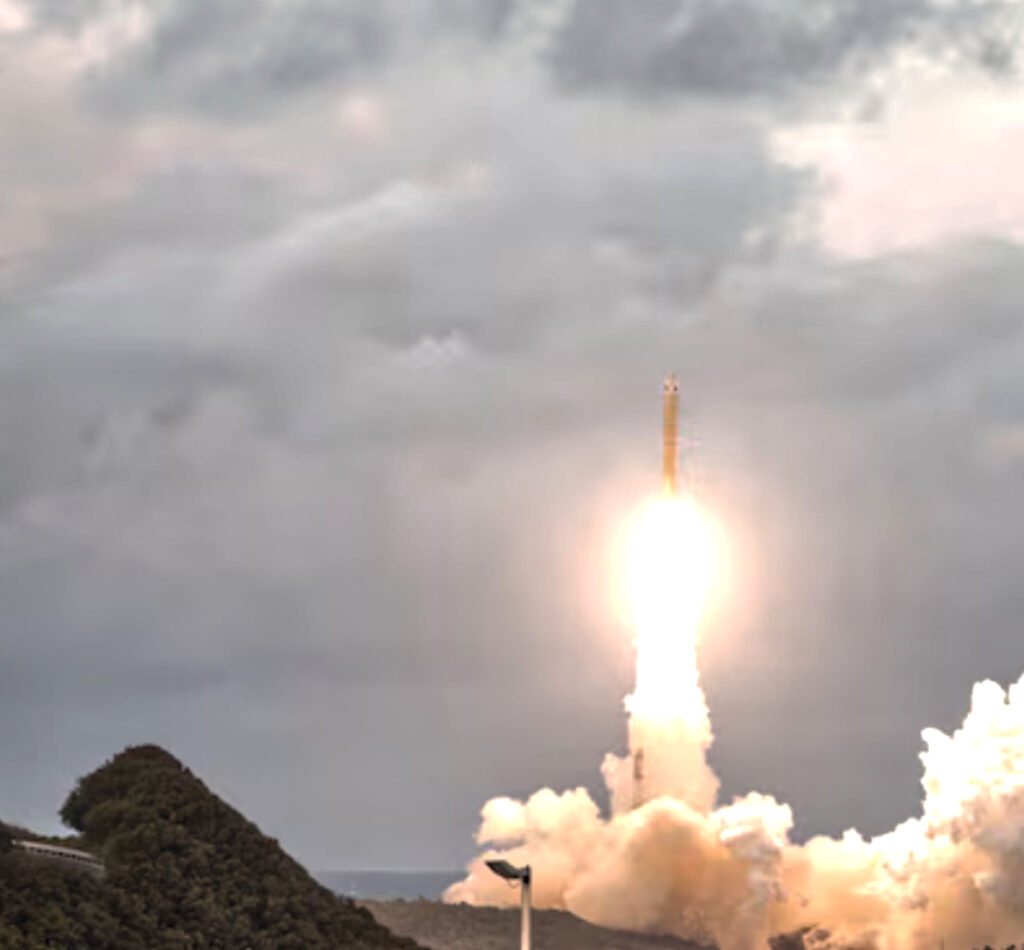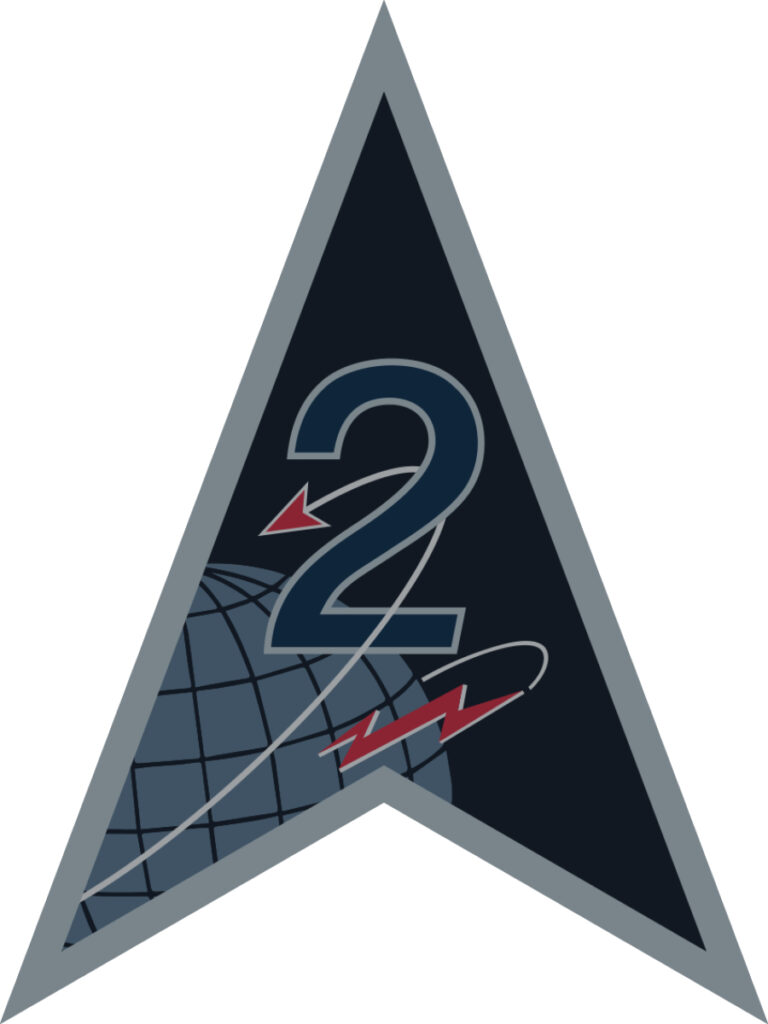
A U.S. space domain awareness payload hosted on Japan’s Quasi-Zenith Satellite 6 successfully launched on a Japanese H-3 launch vehicle from the Yoshinobu Launch Complex at the Japan Aerospace Exploration Agency’s Tanegashima Space Center in Japan on February 2—this is the first bilateral, U.S. Japan cooperative space effort focused on national security, and the first of two launches as part of the JAXA Quasi-Zenith Satellite System Hosted Payload program.


The satellite will be operated by Space Operations Command’s Mission Delta 2, which conducts Space Domain Awareness operations to identify, characterize, and exploit opportunities and mitigate vulnerabilities in the national security space terrain on behalf of the U.S. Space Force and U.S. Space Command. The satellite will deliver near real time data to the Space Surveillance Network bolstering the U.S. Department of Defense understanding of the Geosynchronous Orbit regime above the Indo-Pacific region.
The QZSS-HP program encompasses the integration, launch and operations of two U.S. payloads hosted on Japanese satellites. In preparation for launch, USSF and Massachusetts Institute of Technology Lincoln Laboratory teams have worked side-by-side with the NSPS and Mitsubishi Electric Corporation teams in Japan over the past two years to integrate and test the first hosted payload alongside its Japanese QZS-6 host.
Both U.S. payloads for this mission were designed and built by MIT/LL in Lexington, Mass. The Japanese host Quasi-Zenith Satellites were designed and built by MELCO in Kamakura, Japan, to augment the U.S. GPS capabilities in the region. QZSS-HP utilizes the Multi-Mission Space Operations Center/Enterprise Command and Control – Schriever enclave located in Colorado.
The strategic partnership between the USSF and Japan’s National Space Policy Secretariat originated through a December 2020 international agreement to jointly execute the Quasi-Zenith Satellite System-Hosted Payload program. The mission’s second payload aboard QZS-7 is on track for launch in early FY2026.
“This launch is a historic milestone for the U.S. – Japan alliance,” said USSF Col. Bryon McClain, program executive officer for Space Systems Command’s Space Domain Awareness and Combat Power. “In an increasingly contested space domain, Japan’s contribution to the U.S. DoD’s deterrence strategy has been, and will continue to be, key to INDOPACOM awareness and operations. We look forward to continuing to collaborate with Japan on space modernization, data sharing, satellite communications and more.”
“Congratulations to both nations on this achievement. Mission Delta 2 is honored to operate these payloads as they get on orbit on behalf of the USSF. These sensors will support the fusion of space- and ground-based Space Domain Awareness to further reinforce all-domain collective defense with allies and partners in the Indo-Pacific,” explained USSF Col. Raj Agrawal, commander of SpOC’s Mission Delta 2.
“I’m proud of the team for this achievement as the first launch in this first-ever bilateral collaboration,” said CMSgt. Jacqueline Sauve, SSC’s senior enlisted leader, who was on-site at TNSC for the launch. “This mission is just the beginning of what we can accomplish together with allies and partners.”
“A key component to ensuring the success of the QZSS-HP mission is the ground infrastructure,” said USSF Col. Joe Roth, director of SSC’s Innovation and Prototyping Acquisition Delta. “Ensuring the ground piece exceeds expectation paves the way for continued successful partnership opportunities with our Asia-Pacific allies.”
Space Systems Command is the U.S. Space Force field command responsible for acquiring, developing and delivering resilient capabilities to protect our nation’s strategic advantage in, from, and to space. SSC manages a $15.6 billion space acquisition budget for the Department of Defense and works in partnership with joint forces, industry, government agencies, academic and allied organizations to outpace emerging threats. Our actions today are making the world a better space for tomorrow.
Space Operations Command is the service force provider, focused on generating combat-ready Space forces, sourcing and providing forces for service and combatant commands, and advocating for combat-ready space power from future force to fielded force.
Mission Delta 2 is the Space Force’s lead Delta for application of Space Domain Awareness to achieve our Nation’s interests in, from, and to space.
